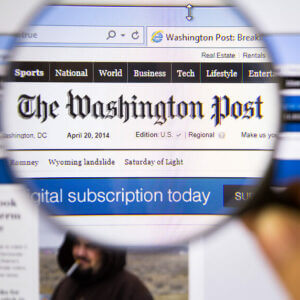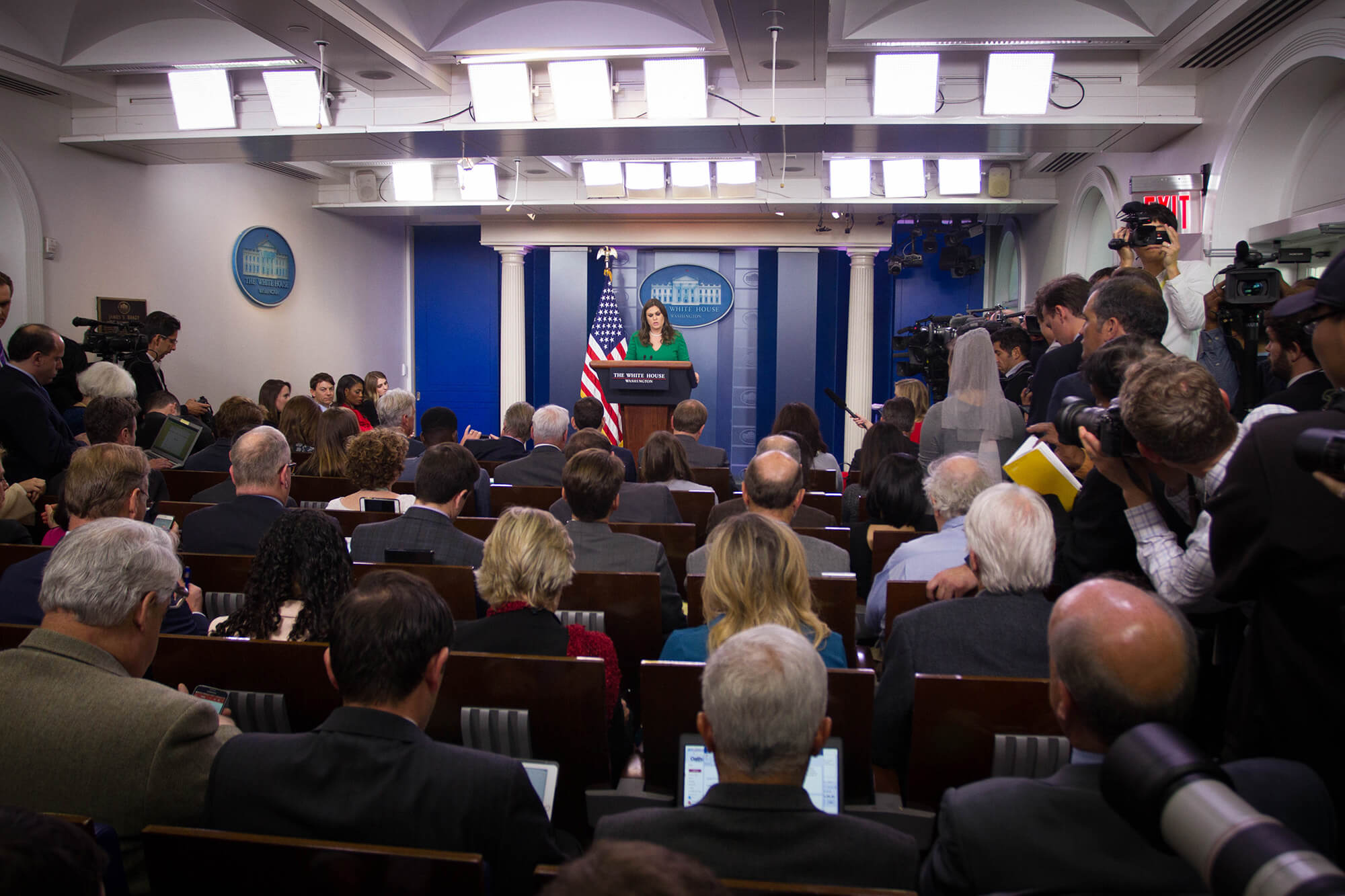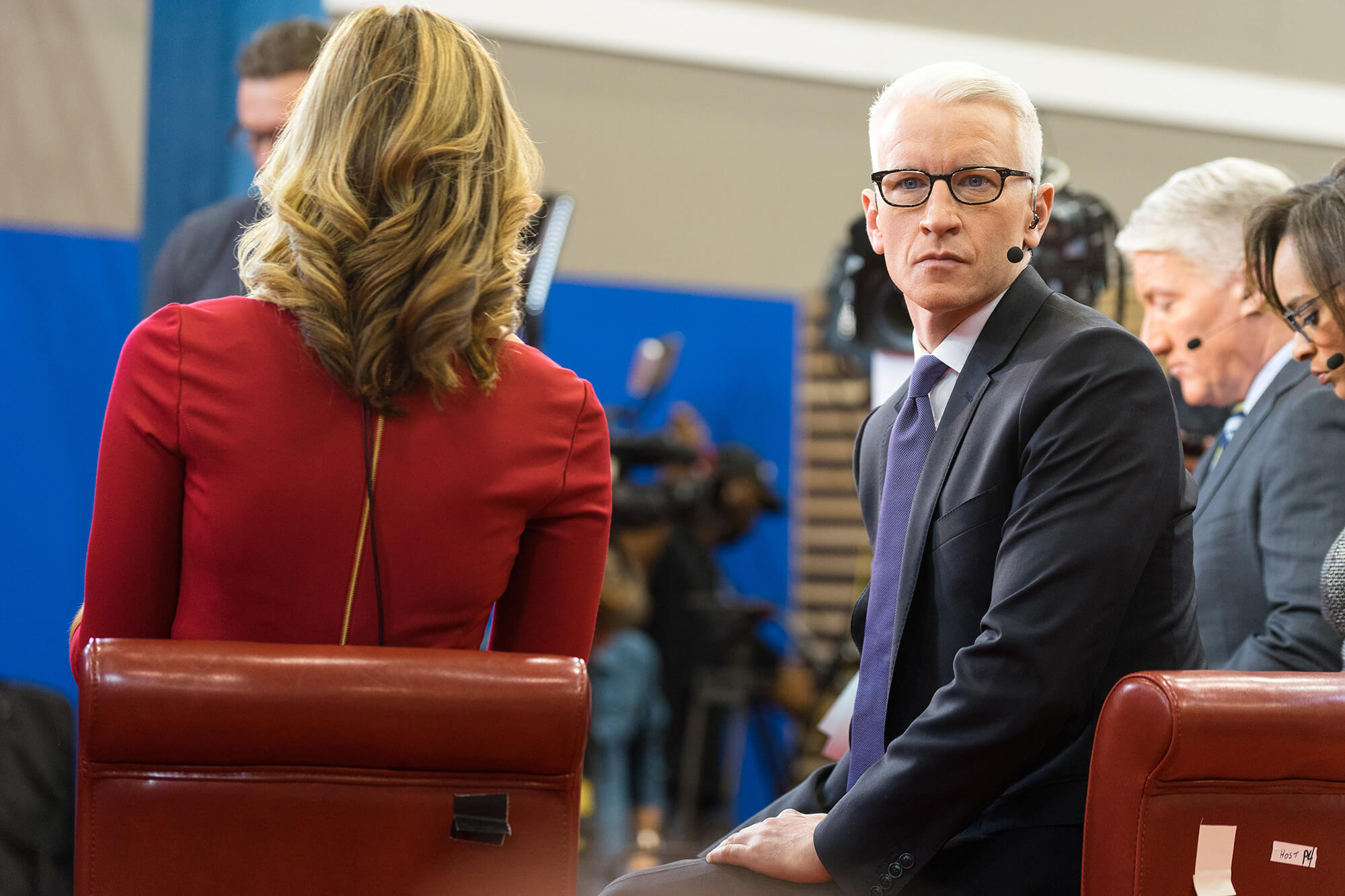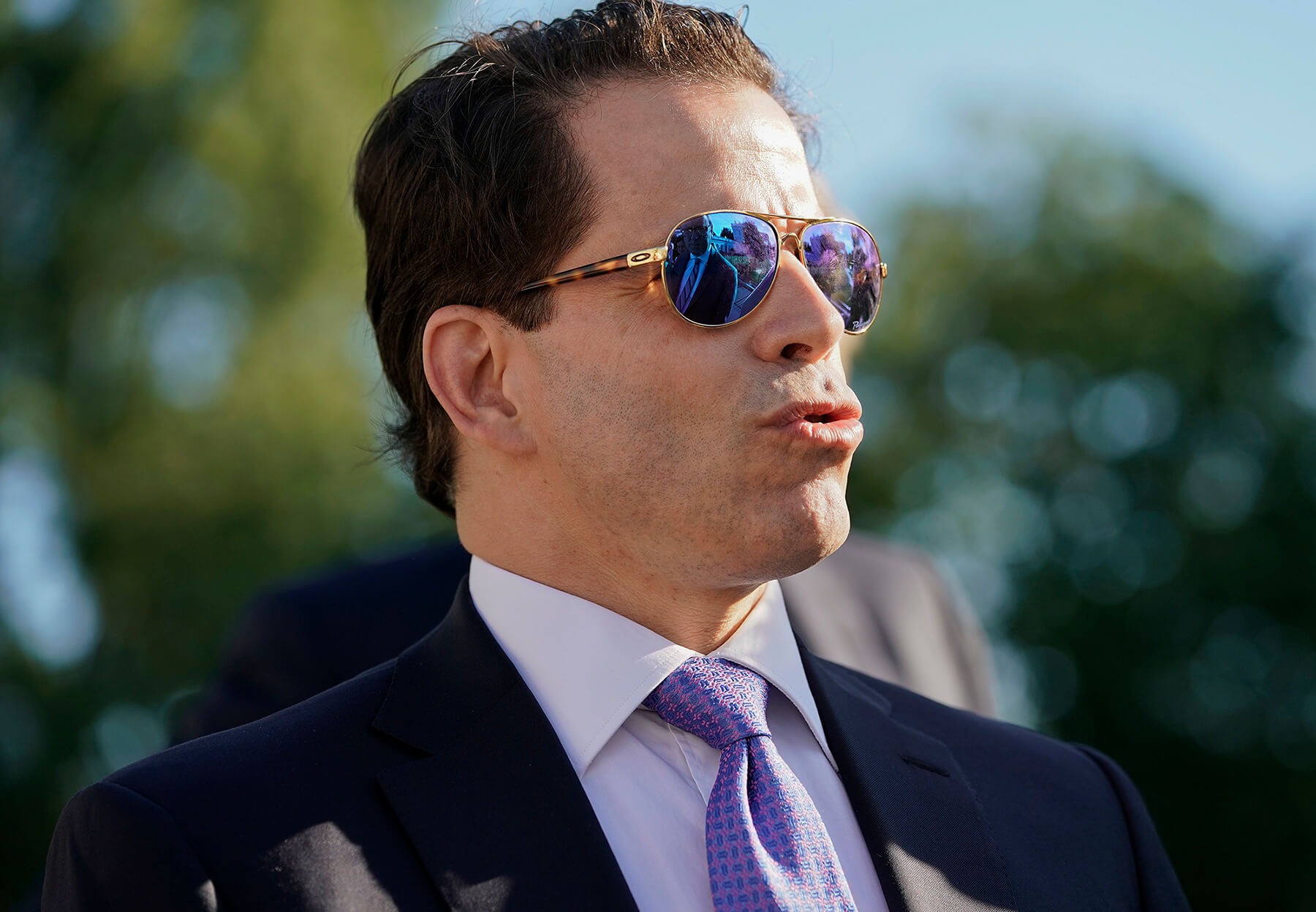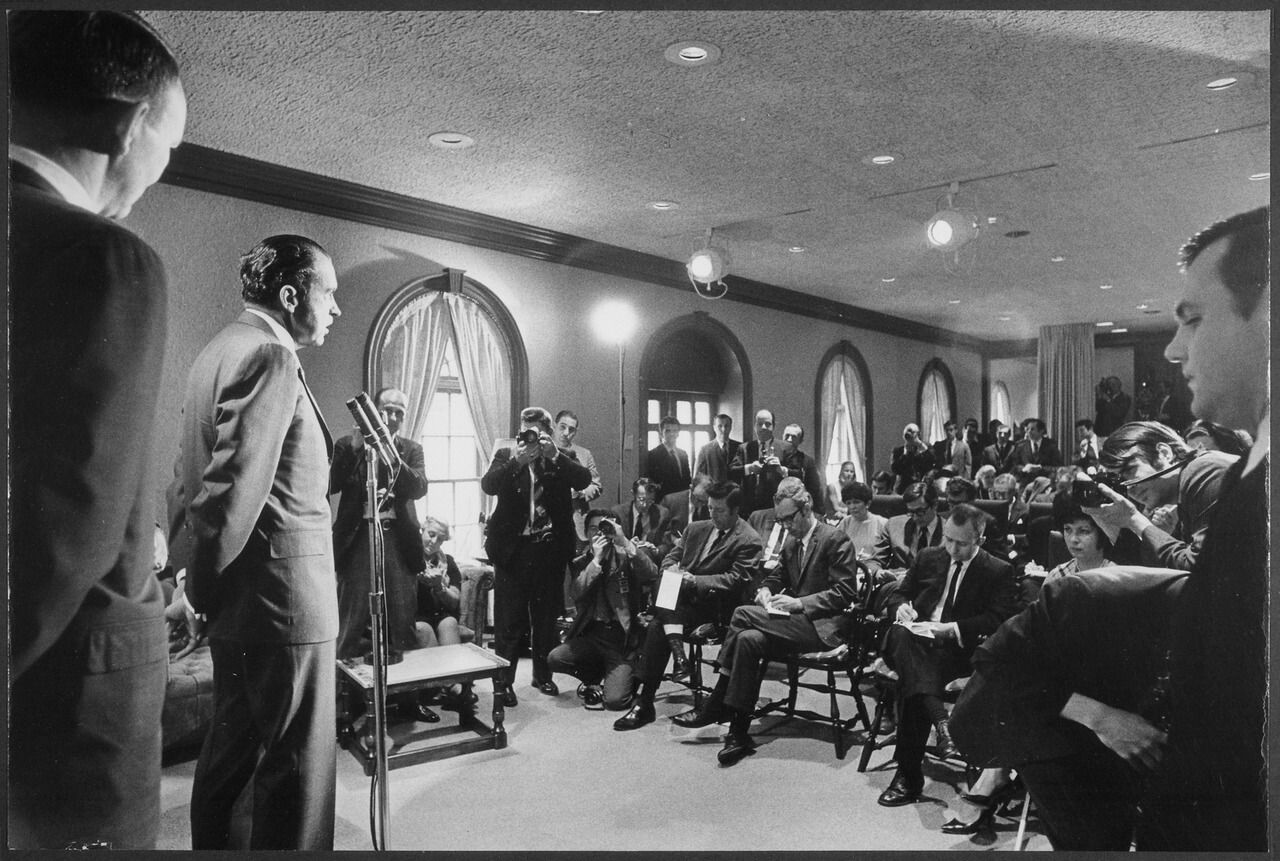The BBC has fallen on its sword. The director general has resigned and so has the head of news over the splicing of tape of President Donald Trump’s rambling speech on Jan. 6, 2021, which preceded the sacking of the Capitol.
The editor and the technician who did the deed for the esteemed BBC program “Panorama” haven’t been publicly identified.
Agreed, they shouldn’t have done what they did. But was there malice?
Journalism is a business of serial judgment. It is replete with mistakes — things that we who practice the craft wish we hadn’t done.
I have worked as an editor in film, with tape and on newspapers, and I have seen how the paranoia of politicians can cast a whole news organization as a biased enemy when that wasn’t the intent.
Before a single sentence or an article appears in a newspaper or a video appears on television, dozens of judgments have been made — not by teams of academics or by ethicists or by juries, but by individuals responding to time pressure and what they judge to be newsworthy.
The unsaid pressure to keep it interesting, to have news worth something, is always there. The reader has to be kept reading or the viewer watching.
After something is published or broadcast, it can be beacon-clear what should have been done or corrected, but in the moment, those defects are opaque.
Let me take you behind the veil.
It is a hot night in 1972. There is a presidential election brewing and among those running for the Democratic nomination is Henry “Scoop” Jackson, the well-known Democratic senator from the state of Washington.
I am working in the composing room of The Washington Post as the editor in charge of liaising between the printers and the editors. The job is sometimes called a stone editor after the “stone,” big metal tables that held the pages and where the newspaper was assembled in the days of hot type.
It was a busy news night, and it was when David Broder was the political reporter without rival. He was industrious and thorough, dedicated and prolific. As the night wore on, Broder would often add new stuff to his story, and it would grow in length.
In desperation when things got tough and deadlines were pressing, we would cut back the size of the photos, which had run in the first edition. The editor on duty would just ask the printers to do this: It was known as “whacking the cut.”
In short, the photo would be reduced in size by cutting it down physically. The engraving would be put in a guillotine and some of it would be cut off, whacked.
That night, we had a large photo of Jackson addressing a large crowd.
But as the night wore on and different editions and mini editions, known as replates, were assembled, I ordered the cut whacked and whacked again. The result was that by the time the main edition went to press, the good senator was talking to a much smaller audience — although it did suggest that many more were there but not seen.
Jackson thought this was a deliberate bias by The Post to suggest that he couldn’t draw a large audience, and he called the legendary editor Ben Bradlee.
Bradlee asked the national editor, Ben Bagdikian, who was to become an authority on newspaper ethics, what happened. When they came to me, I explained how we trimmed the pictures.
While Bradlee was amused, Bagdikian added it to his concern about newspaper ethics.
Journalism is executed by individuals under pressure. It is a business of multiple judgments made sequentially, often without a lot of contemplation.
I once worked at the BBC in London, and the same pressures were present. I was scriptwriter and editor on the evening news. You made decisions all the time: This frame in, those 20 frames out. An outsider might imagine prejudice and foul intent in the way one clip was used and others were not.
In the news trade, judgments trip you up, but judgment is essential. Later the judge is judged, as at the BBC.


